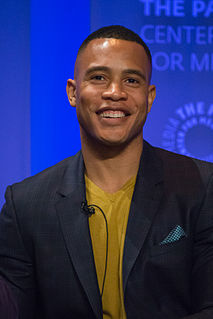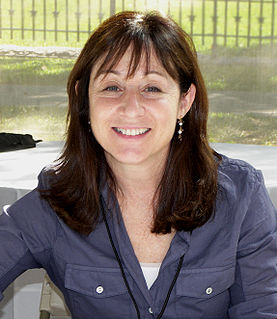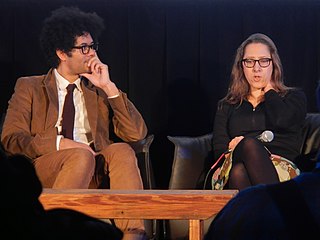A Quote by Trai Byers
I have family members that are bipolar. One had a case recently that I witnessed, and it was very, very helpful.
Related Quotes
I'm in a very close-knit, very, very tight family. My grandmother had 13 kids, so we had a lot of family like 50, 60 grandchildren and we all lived in Jersey, relatively in the same area. So every time there was something, my entire family was there. And I just believed everybody's family was like that.
A willingness to vocalize feelings. How important it is to be willing to voice one's thoughts and feelings. Yes, how important it is to be able to converse on the level of each family member. Too often we are inclined to let family members assume how we feel toward them. Often wrong conclusions are reached. Very often we could have performed better had we known how family members felt about us and what they expected.
My aunt Geraldine was the unofficial historian and storyteller. She had all the information about family members and the gossip that came out of the church because we were very much part of the African Methodist Episcopal Zion Church. At family gatherings, the older folk had the floor, had pride of place, and it was their stories I remember.



































